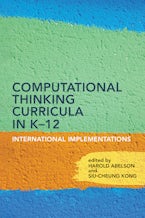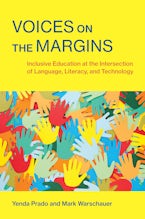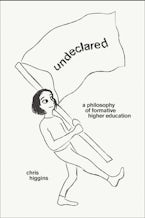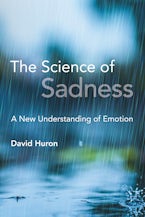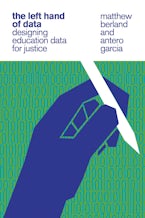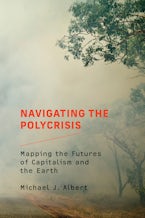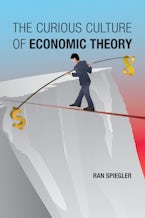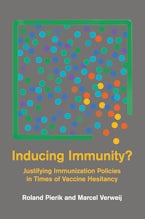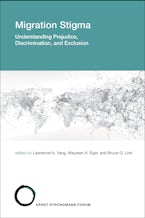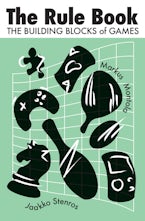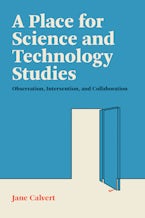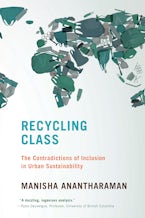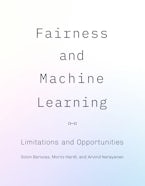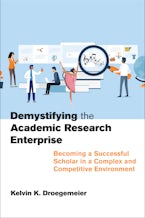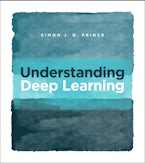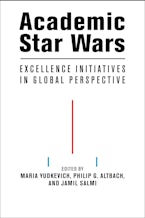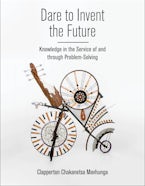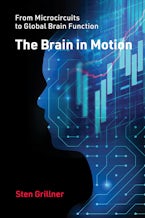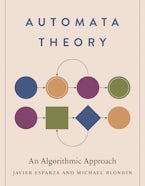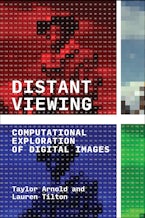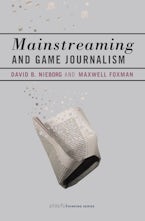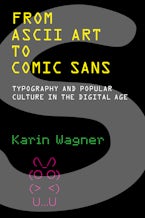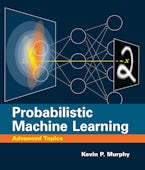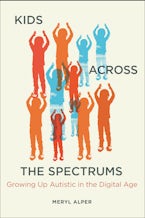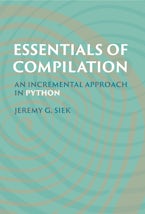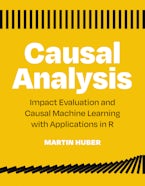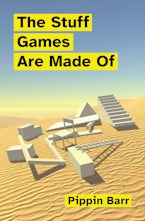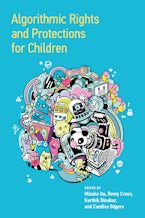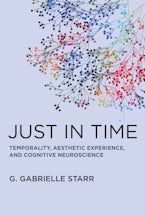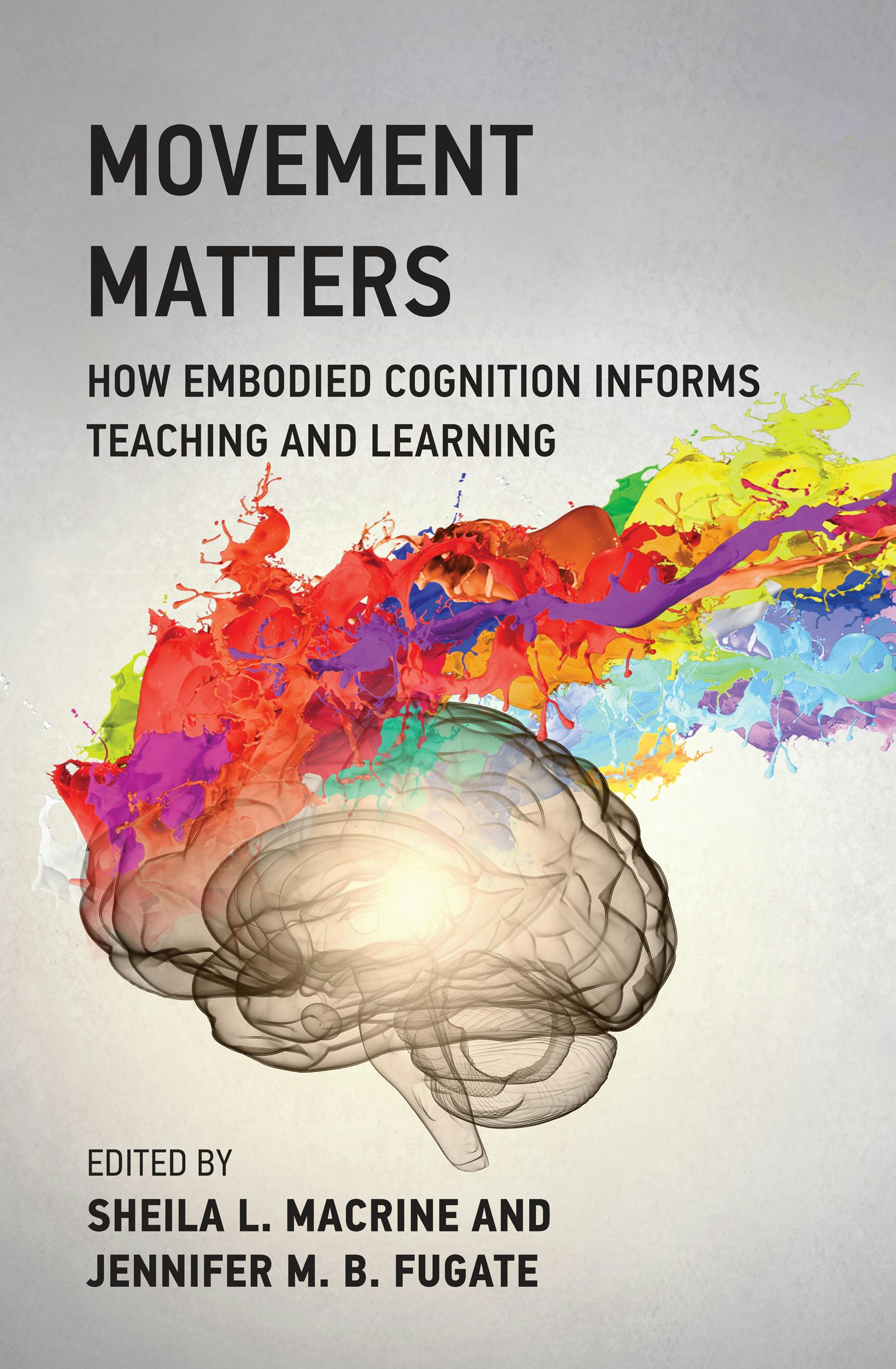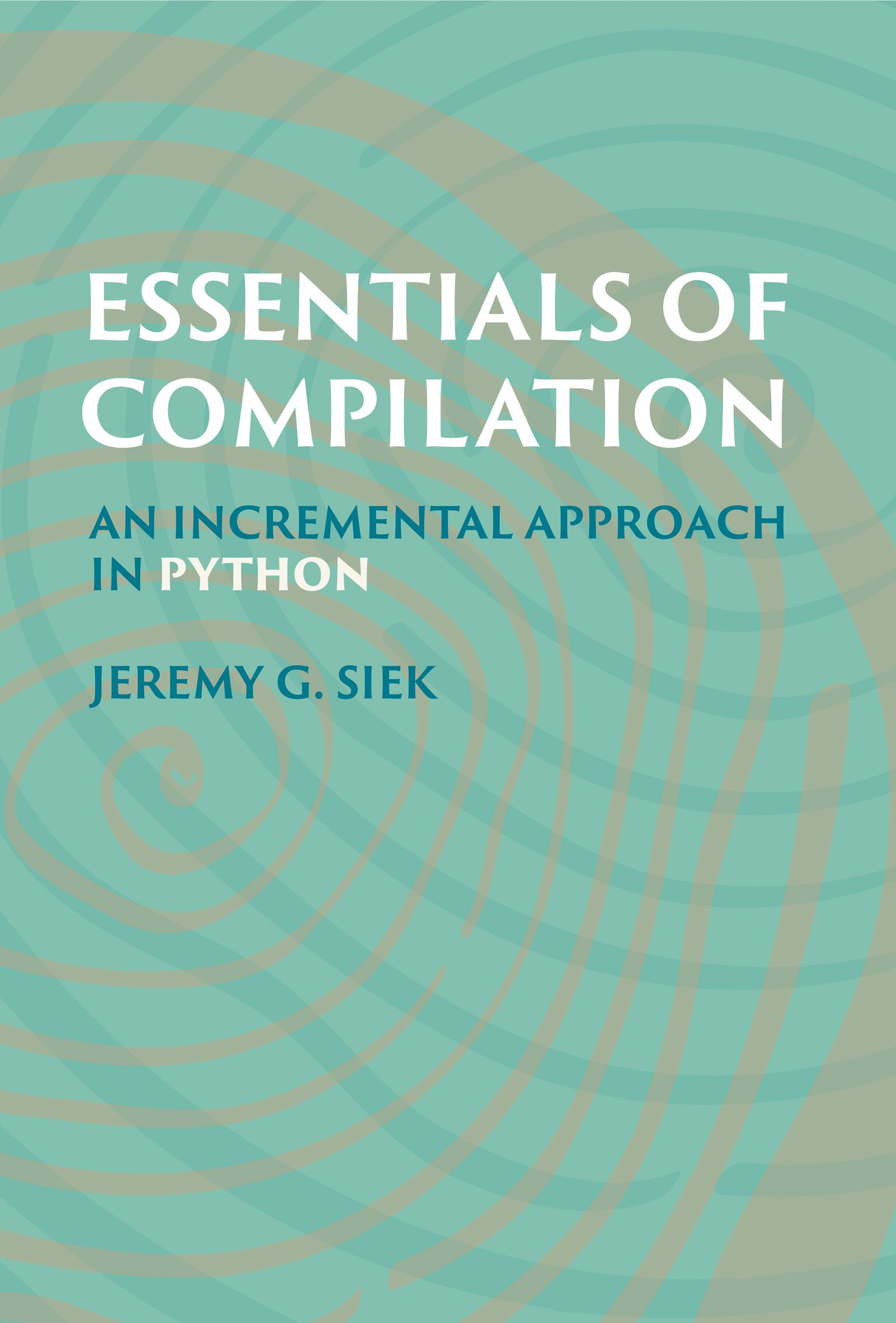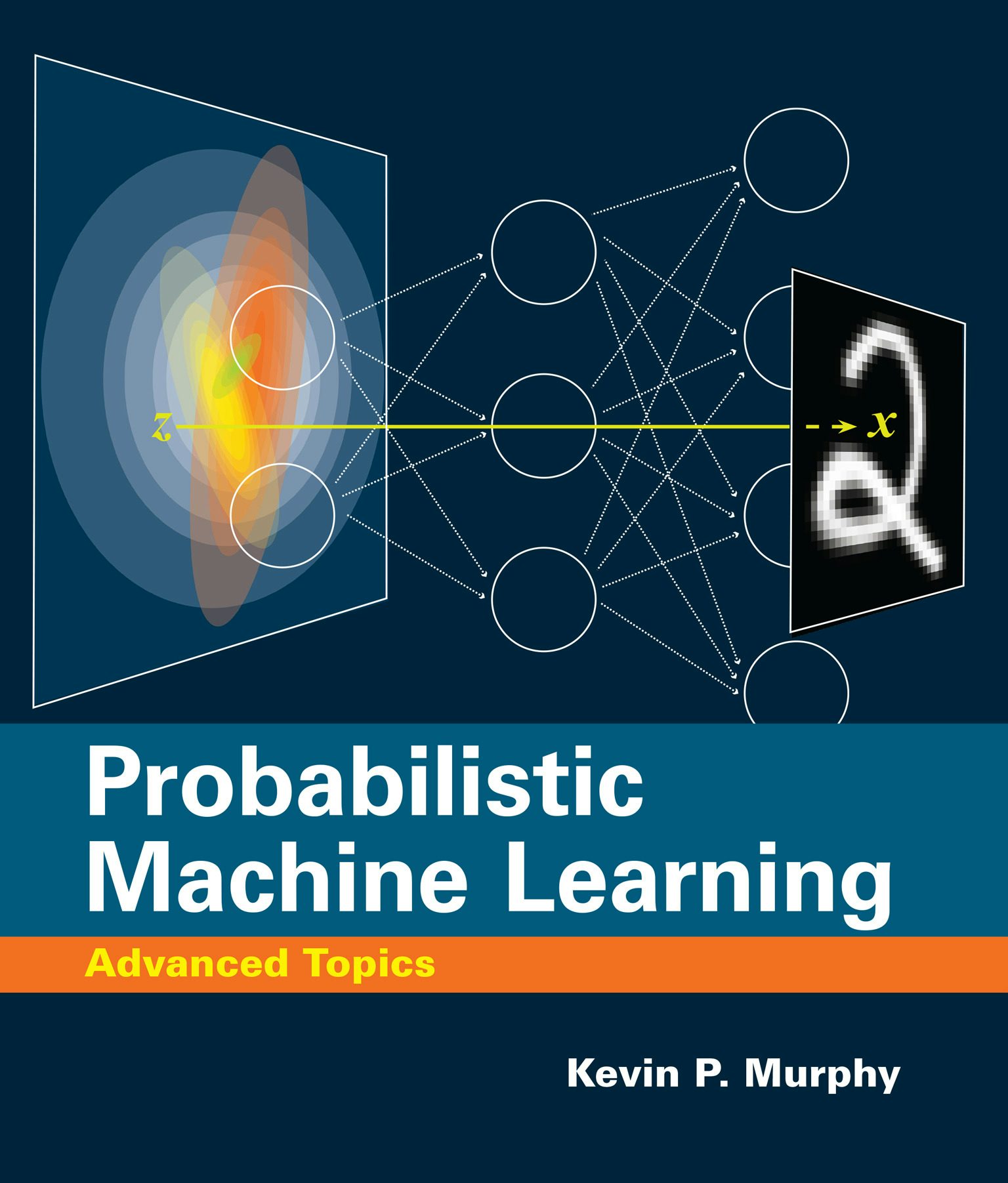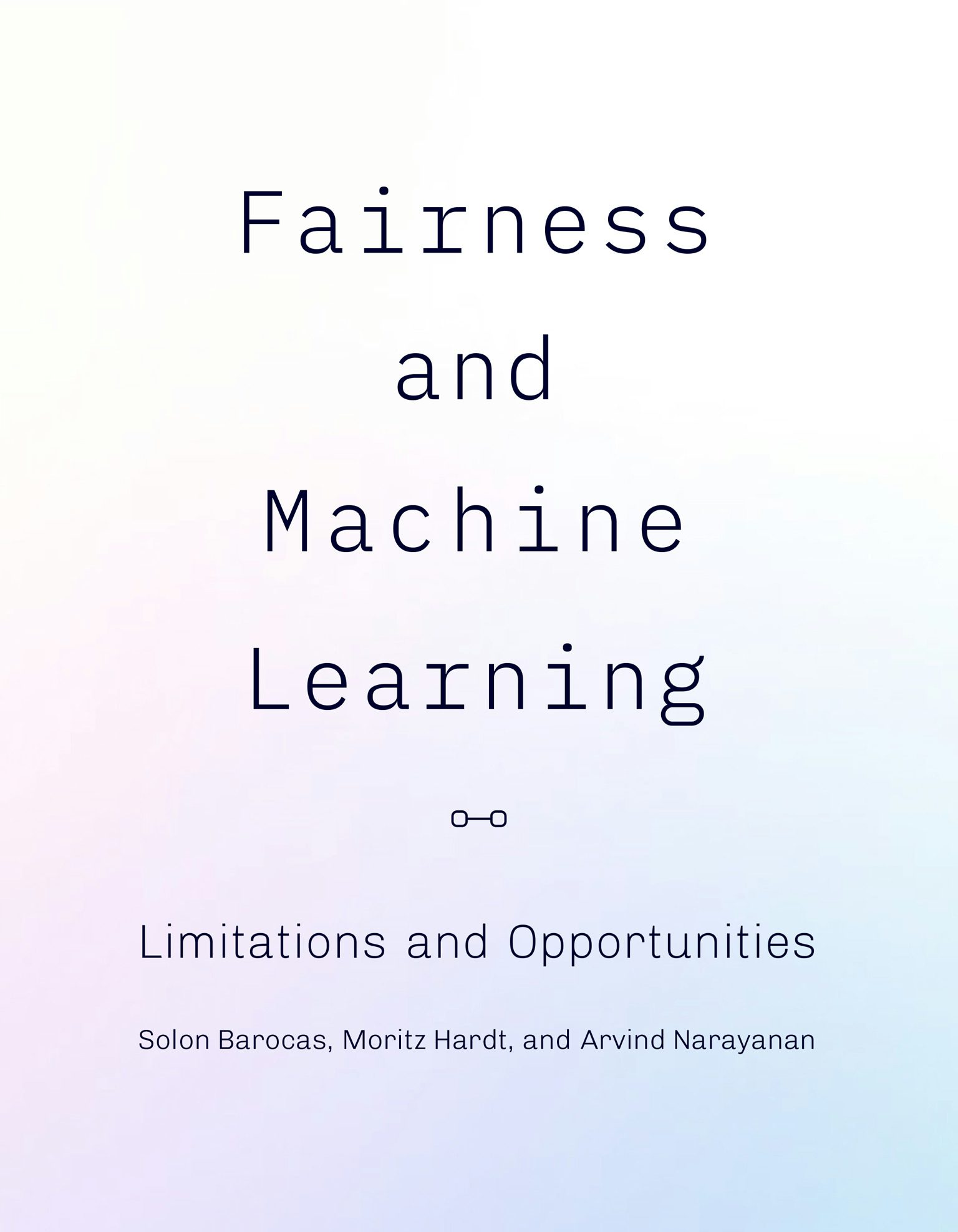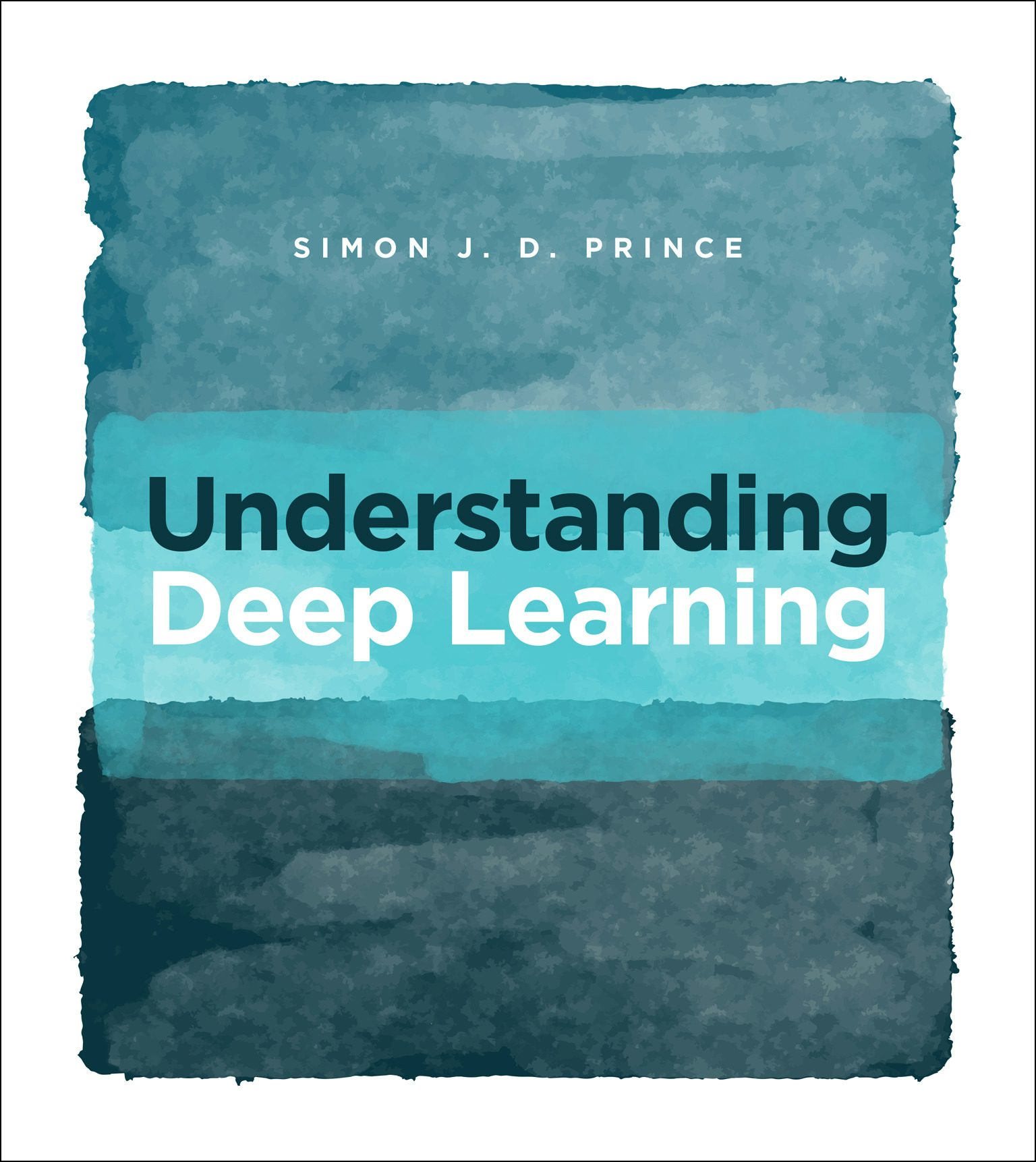
Open Access Books
With the open publication of City of Bits: Space, Place, and the Infobahn by William J. Mitchell in 1995, the MIT Press vaulted into the open access publishing space where we have pushed the limits for close to 30 years. Now, we are widely recognized as one of the most innovative open access publishers in the world with more than 350 open access books.
Direct to Open, our open access publishing model, has accelerated our program, publishing over 160 books — scholarly monographs and scholarly collections — in the first two years. And in 2024, we will release the much-anticipated Open Encyclopedia of Cognitive Science, edited by Michael C. Frank (Stanford) and Asifa Majid (Oxford).
If you would like to learn more about open access books at the MIT Press, please contact Nick Lindsay, director of journals and open access, at nlindsay (at) mit.edu.
Recently published
Machine Learning in Production
April 8, 2025
January 21, 2025
January 21, 2025
The Nature and Dynamics of Collaboration
December 17, 2024
December 3, 2024
October 29, 2024
October 22, 2024
September 24, 2024
September 24, 2024
A History of Bodies, Brains, and Minds
September 17, 2024
August 27, 2024
Biological Clocks, Rhythms, and Oscillations
August 6, 2024
July 9, 2024
July 2, 2024
Critical Perspectives on Ancient DNA
July 2, 2024
June 25, 2024
June 18, 2024
Trace Metals and Infectious Diseases
June 11, 2024
June 4, 2024
Computational Thinking Curricula in K–12
May 21, 2024
May 14, 2024
May 14, 2024
May 14, 2024
Hedgehogs, Killing, and Kindness
May 14, 2024
May 14, 2024
May 14, 2024
May 14, 2024
May 7, 2024
May 7, 2024
Cats, Carpenters, and Accountants
May 7, 2024
May 7, 2024
May 7, 2024
April 30, 2024
April 30, 2024
April 23, 2024
April 23, 2024
April 23, 2024
The Curious Culture of Economic Theory
April 16, 2024
April 16, 2024
April 9, 2024
March 26, 2024
March 26, 2024
Modeling Neural Circuits Made Simple with Python
March 19, 2024
March 19, 2024
March 19, 2024
March 12, 2024
March 5, 2024
February 20, 2024
February 20, 2024
Psychoacoustic Foundations of Major-Minor Tonality
February 13, 2024
February 13, 2024
February 6, 2024
February 6, 2024
February 6, 2024
February 6, 2024
February 6, 2024
January 23, 2024
January 16, 2024
January 16, 2024
A Place for Science and Technology Studies
January 9, 2024
January 2, 2024
December 19, 2023
Demystifying the Academic Research Enterprise
December 19, 2023
December 19, 2023
December 12, 2023
December 5, 2023
December 5, 2023
December 5, 2023
November 28, 2023
November 21, 2023
November 21, 2023
November 21, 2023
November 7, 2023
October 31, 2023
October 24, 2023
October 24, 2023
October 17, 2023
October 17, 2023
October 17, 2023
October 10, 2023
October 10, 2023
Exploring and Exploiting Genetic Risk for Psychiatric Disorders
October 10, 2023
October 3, 2023
The Sensorium of the Drone and Communities
October 3, 2023
Mainstreaming and Game Journalism
September 26, 2023
September 19, 2023
September 19, 2023
September 19, 2023
Design, Empathy, Interpretation
September 12, 2023
September 12, 2023
September 5, 2023
August 22, 2023
August 22, 2023
August 22, 2023
August 15, 2023
Probabilistic Machine Learning
August 15, 2023
August 15, 2023
August 15, 2023
The Unequal Effects of Globalization
August 15, 2023
August 8, 2023
Bayesian Models of Perception and Action
August 8, 2023
August 8, 2023
August 1, 2023
August 1, 2023
August 1, 2023
August 1, 2023
July 25, 2023
July 25, 2023
July 18, 2023
July 18, 2023
July 18, 2023
Forecasting Travel in Urban America
July 11, 2023
July 4, 2023
June 27, 2023
June 27, 2023
Algorithmic Rights and Protections for Children
June 27, 2023
June 20, 2023
June 20, 2023
June 13, 2023
Catastrophes, Confrontations, and Constraints
June 6, 2023
June 6, 2023
June 6, 2023
June 6, 2023
May 30, 2023
Direct to Open (D2O)
Launched in 2021, Direct to Open (D2O) is a sustainable and scalable open access publishing model that harnesses the collective power of libraries from across the globe.
Participating libraries not only open access to scores of new titles each year, but also receive tangible benefits such as subscription access to thousands of classic titles from MIT Press’s distinguished backlist and substantial discounts on other eBook collections.
D2O has been such a success that we are now in discussions with other university presses and distribution partners to scale up and out!
By the numbers:
- 2 years of impact
- 322 library participants
- 10 consortial agreements
- 160+ scholarly monographs and edited collections
- 328,000 open access reads
Most downloaded D2O titles
“The D2O model is the kind of bold experiment that university presses and research libraries ought to be working on together to shape the emerging academic publishing ecosystem.”
—Greg Eow, president of the Center for Research Libraries
Open textbooks
The average college student today spends $1200 on course materials. Thankfully, this figure is shrinking in recent years due, in part, to open access textbook initiatives.
For over 30 years, our computer science textbooks have been globally recognized as essential for teaching algorithms, artificial intelligence, coding, machine learning, and robotics. Open access has long been part of the ethos of computer science, and our legacy titles with open access versions include Structure and Interpretation of Computer Programs (1984), Reinforcement Learning (1998), How to Design Programs (2001), and Deep Learning (2016).
With grant funding from Google, we are launching a new generation of MIT Press computer science textbooks with open digital editions — complete with code examples, ancillaries, and other materials — that can be easily accessed from anywhere in the world for classroom or self-instruction.
Open reference titles
To remain relevant in a world of ever-advancing information discovery tools, reference works require continuously updated entries, open peer review, and accessibility anywhere in the world with a single click.
Building on the success of The MIT Encyclopedia of the Cognitive Sciences, a landmark volume that defined the field for a generation, the forthcoming Open Encyclopedia of Cognitive Science (OECS) will use the PubPub open publishing platform to create a shared understanding of foundational concepts and provide structure and connective tissue across a broad and complex array of disciplines, books, journals, and other resources.

Open book collections
Our open access book collections remove cost or geographical barriers to scientifically rigorous research and content, maintain access to older and out of print titles, and provide the right information at the right time when the world faces unprecedented challenges.
The MIT Press Open Architecture and Urban Studies Collection
Many of our classic, out-of-print architecture and urban studies books remained undigitized because of complex design requirements and the prohibitive cost of image permissions. Generously funded by a grant from the Andrew W. Mellon Foundation as part of the Humanities Open Book Program, these books are now open access, many with fresh forewords that bring new insights to bear on classic works.
Understanding Pandemics, Epidemics, & Their Effects
As the global community confronted the COVID-19 pandemic, access to knowledge and research was more urgent than ever. In response to the increased need for digital content and distance learning, the MIT Press made a selection of titles on pandemics, epidemiology, and related topics freely available for the foreseeable future.
Open Climate Collection
Climate change is one of the world's most pressing challenges, and access to multidisciplinary, trustworthy research is imperative for scientists, policymakers, and citizens around the world. Developed in support of the Open Climate Campaign, this curated reading list of open access books and journals expands our understanding of climate change and environmental studies.
Innovative open books
The virtual explosion of technology and rich visual material and multimedia content compels us to keep pace by rethinking what a “book” is. As Amy Brand, director and publisher of the MIT Press, says, we must “give unique form to unique arguments.”
- A New Vision for Islamic Pasts and Futures by Shahzad Bashir
In collaboration with Brown University Digital Publications and with the generous support of the Mellon Foundation and the Carnegie Corporation of New York, we recently published A New Vision for Islamic Pasts and Futures. An interactive, open-access born-digital work, this groundbreaking book presents engaging stories alongside audiovisual materials and an interactive navigation system to enable readers at all levels to appreciate Islam as an aspect of global history for centuries. - On Seeing book series
On Seeing, also in partnership with Brown University Digital Publications, will be a hybrid print and expanded open access ebook collection. Content will follow form, as the series will fittingly articulate complex ideas about visual literacy: how we see, comprehend, and participate in the visible world. - Frankenbook
Frankenbook is a collective reading and collaborative annotation experience of the original 1818 text of Frankenstein; or, The Modern Prometheus, by Mary Wollstonecraft Shelley. The PubPub version of Frankenstein: Annotated for Scientists, Engineers, and Creators of All Kinds (2017) includes multimedia content and allows readers to review and post their own annotations.
Support open access
We are grateful to the many partners who have supported the open access mission at the MIT Press over the years.
In May 2023, we announced the establishment of the Arcadia Open Access Fund to support open access books and journals in science and technology, social sciences, arts, and humanities. This fund is made possible by an outright endowment gift of $5 million from Arcadia, who has also provided a $5 million “challenge” gift to incentivize other funders by matching their support of MIT’s open publishing activities.
Learn more about how you can support open access at the MIT Press.























